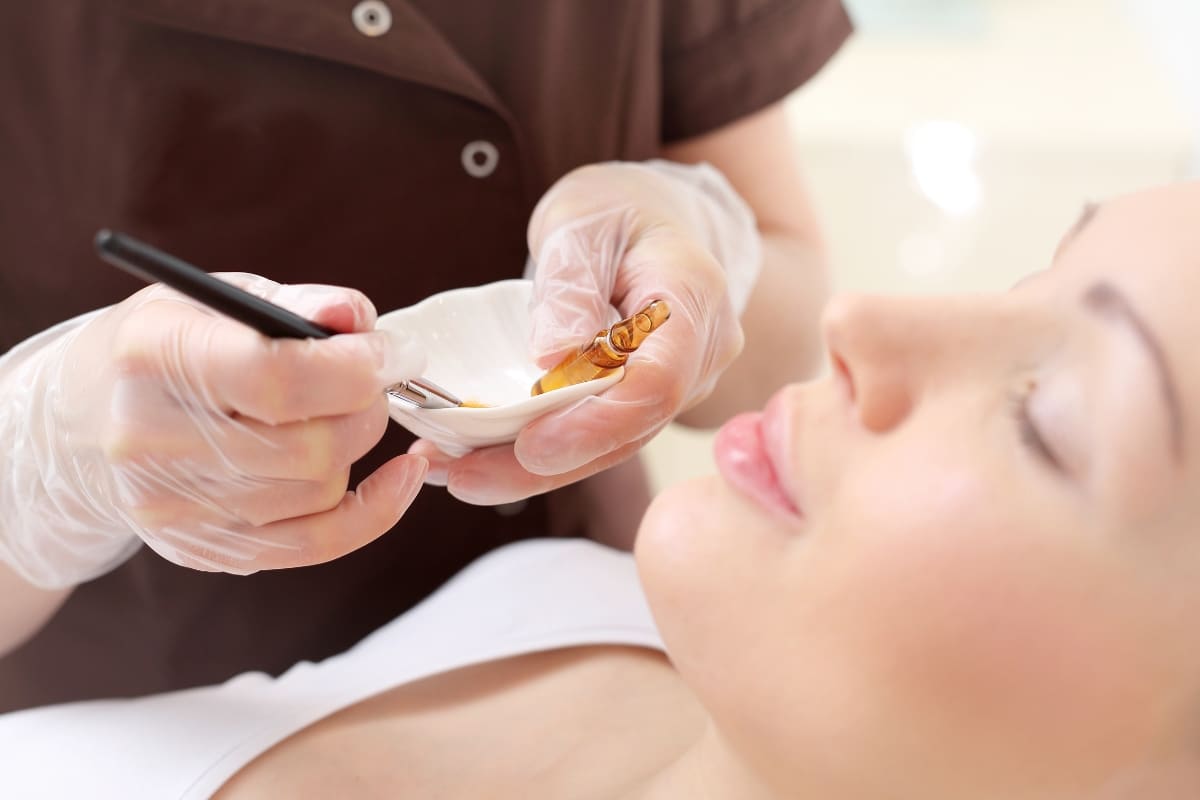5 Common Dental Emergencies and How to Prevent Them
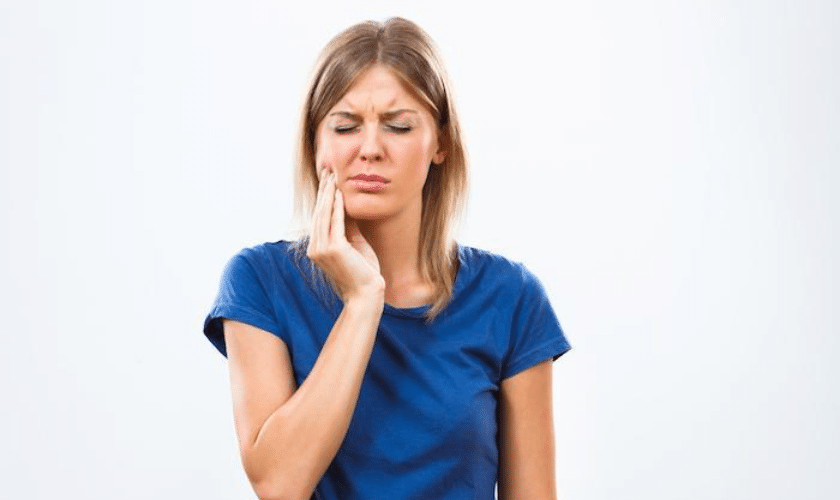
A bright, healthy smile is often associated with good overall health and well-being. However, dental emergencies can strike unexpectedly, causing pain, distress, and disruption to your daily life. Understanding these emergencies and knowing how to prevent them can save you from unnecessary discomfort and expense. In this blog, we’ll explore five common dental emergencies and provide practical tips on how to avoid them.
Imagine you’re enjoying a relaxing weekend when suddenly, a sharp pain jolts through your mouth, or perhaps you accidentally chip a tooth while biting into a hard piece of food. Dental emergencies are not only painful but can also be quite alarming. From severe toothaches to knocked-out teeth, these incidents can require immediate attention and sometimes lead to long-term dental issues if not addressed promptly.
Understanding the nature of common dental emergencies and how to prevent them is crucial for maintaining oral health. This knowledge empowers you to take proactive measures, reducing the risk of such incidents and ensuring that your smile remains bright and healthy.
1. Toothache
Toothaches are one of the most common dental emergencies. They can range from a mild discomfort to excruciating pain. Toothaches often indicate an underlying issue such as cavities, gum disease, or an abscess.
Prevention Tips:
- Maintain Oral Hygiene: Brush your teeth at least twice a day and floss daily to prevent plaque buildup and cavities.
- Regular Dental Check-ups: Visit your dentist every six months for routine cleanings and examinations to catch potential issues early.
- Dietary Choices: Avoid excessive consumption of sugary foods and drinks, which can contribute to tooth decay.
- Use Fluoride: Fluoride toothpaste and mouth rinses can help strengthen tooth enamel and prevent cavities.
2. Chipped or Broken Teeth
Chipping or breaking a tooth can occur from biting down on something hard, an accident, or a fall. This can cause pain and sensitivity, and if the damage is severe, it may require restorative dental procedures.
Prevention Tips:
- Avoid Hard Foods: Be cautious with hard candies, ice, and other foods that can easily cause teeth to chip.
- Wear Protective Gear: If you play sports, use a mouthguard to protect your teeth from impact.
- Treat Teeth with Care: Avoid using your teeth as tools to open packages or bottles.
- Dental Sealants: Ask your dentist about sealants that can provide an extra layer of protection for your teeth.
3. Knocked-Out Tooth
A knocked-out tooth is a serious dental emergency that requires immediate attention. This can happen due to a sports injury, accident, or other trauma. If addressed promptly, there’s a chance the tooth can be reinserted and preserved.
Prevention Tips:
- Mouthguards for Sports: Always wear a mouthguard when engaging in contact sports or activities with a high risk of falling.
- Avoid Risky Behaviors: Be mindful of activities that could lead to falls or facial impacts, especially in young children and seniors.
- Safety Measures: Use seat belts in cars and helmets while biking or engaging in other high-risk activities.
4. Lost Filling or Crown
Fillings and crowns are designed to protect damaged teeth, but they can sometimes fall out, leaving the tooth exposed and vulnerable to further damage or infection.
Prevention Tips:
- Good Oral Hygiene: Maintain a consistent oral hygiene routine to prevent decay around fillings and crowns.
- Avoid Hard and Sticky Foods: These can dislodge fillings and crowns. Be cautious with chewing gum, caramel, and other sticky substances.
- Regular Dental Visits: Regular check-ups can help ensure that your fillings and crowns are secure and in good condition.
5. Abscessed Tooth
An abscessed tooth is a painful infection at the root of a tooth or between the gum and a tooth. It can cause severe pain, swelling, fever, and sensitivity to hot and cold.
Prevention Tips:
- Prompt Treatment of Cavities: Treat cavities early to prevent them from becoming infected.
- Good Oral Hygiene: Brush and floss regularly to prevent gum disease, which can lead to abscesses.
- Healthy Diet: Maintain a balanced diet to support overall oral health and immune function.
- Regular Dental Check-ups: Routine visits to the dentist can catch issues early before they develop into serious infections.
Dental emergencies can be distressing, but many of them are preventable with proper care and attention. By maintaining good oral hygiene, wearing protective gear during high-risk activities, and attending regular dental check-ups, you can significantly reduce your risk of experiencing a dental emergency. Remember, a healthy smile is a reflection of your overall well-being. Take proactive steps today to protect it and enjoy the confidence that comes with excellent oral health.
FAQs
- What should I do if I have a dental emergency?
- Contact your dentist immediately. If the office is closed, most dental practices have an emergency line or instructions for after-hours care.
- Contact your dentist immediately. If the office is closed, most dental practices have an emergency line or instructions for after-hours care.
- How can I relieve pain from a toothache at home?
- Rinse your mouth with warm salt water, use over-the-counter pain relievers, and apply a cold compress to reduce swelling until you can see a dentist.
- Rinse your mouth with warm salt water, use over-the-counter pain relievers, and apply a cold compress to reduce swelling until you can see a dentist.
- Can a knocked-out tooth be saved?
- Yes, if you act quickly. Keep the tooth moist, ideally in milk, and see a dentist within an hour for the best chance of saving it.
- Yes, if you act quickly. Keep the tooth moist, ideally in milk, and see a dentist within an hour for the best chance of saving it.
- What foods should I avoid to prevent dental emergencies?
- Avoid hard foods like ice and hard candies, sticky foods like caramel and chewing gum, and excessive sugary foods and drinks.
- Avoid hard foods like ice and hard candies, sticky foods like caramel and chewing gum, and excessive sugary foods and drinks.
- How often should I visit the dentist for check-ups?
- It’s recommended to visit the dentist every six months for routine check-ups and cleanings.
- It’s recommended to visit the dentist every six months for routine check-ups and cleanings.
- What are the signs of an abscessed tooth?
- Signs include severe toothache, sensitivity to hot and cold, swelling in the face or cheek, tender lymph nodes, and fever.
- Signs include severe toothache, sensitivity to hot and cold, swelling in the face or cheek, tender lymph nodes, and fever.
- How can I protect my teeth during sports?
- Wear a mouthguard to protect against impacts and prevent injuries like chipped or knocked-out teeth.
Recent Posts
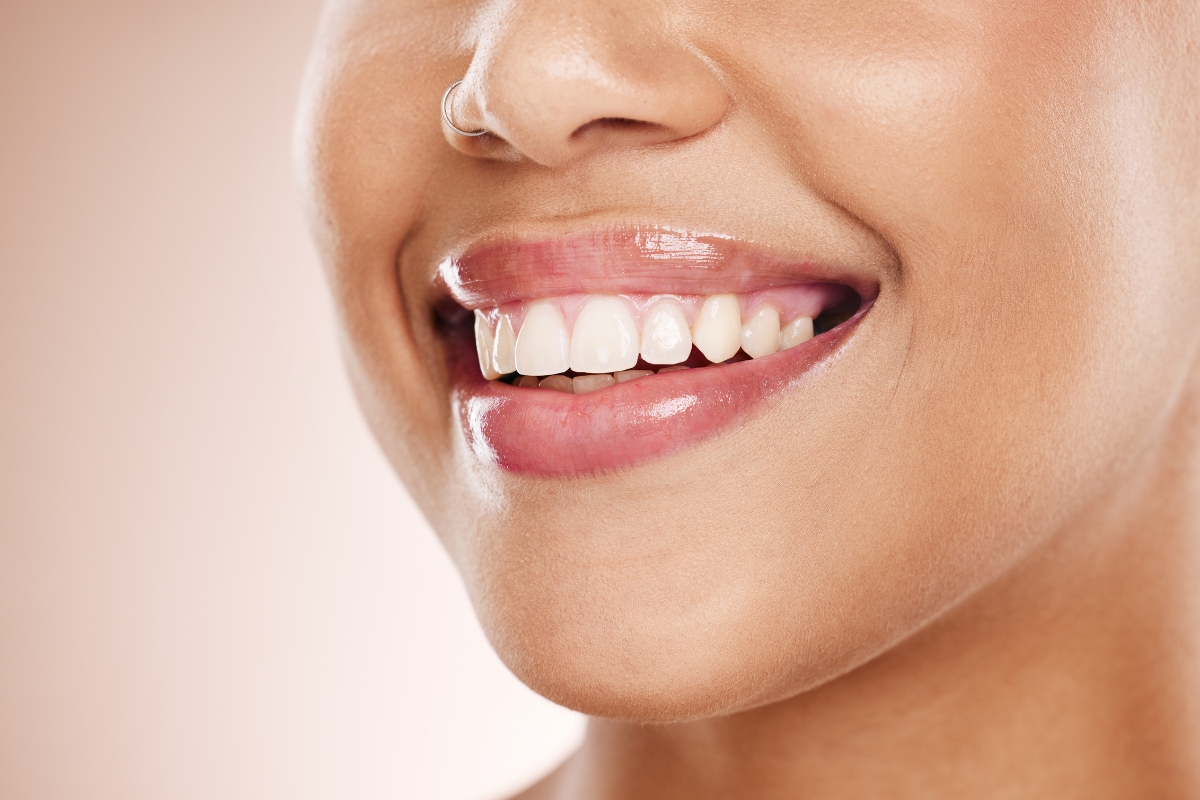
Why Won’t My Teeth Stay White? Dr. Maconi on Maintenance for Havertown Residents
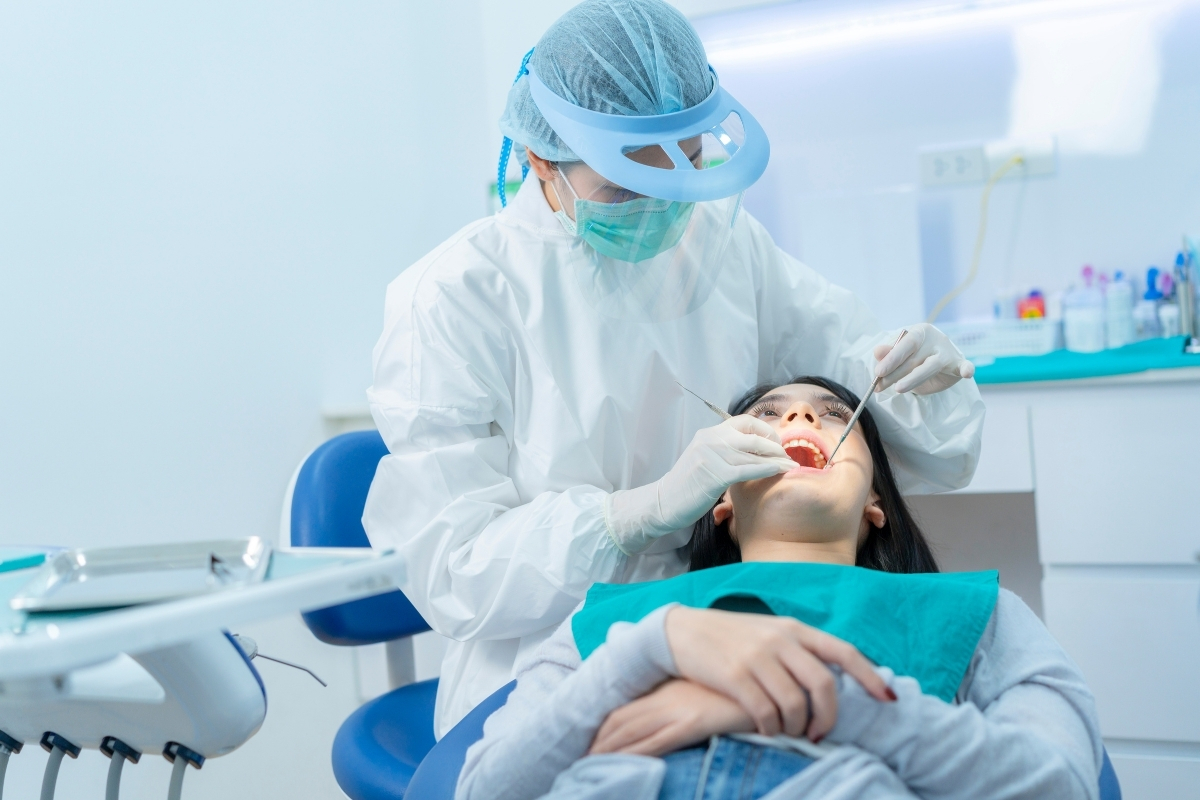
What Happens if You Delay Filling a Cavity? Dr. Maconi on Preventing Root Canals

What Home Care Tips Can Help Relieve TMD Discomfort in Havertown?
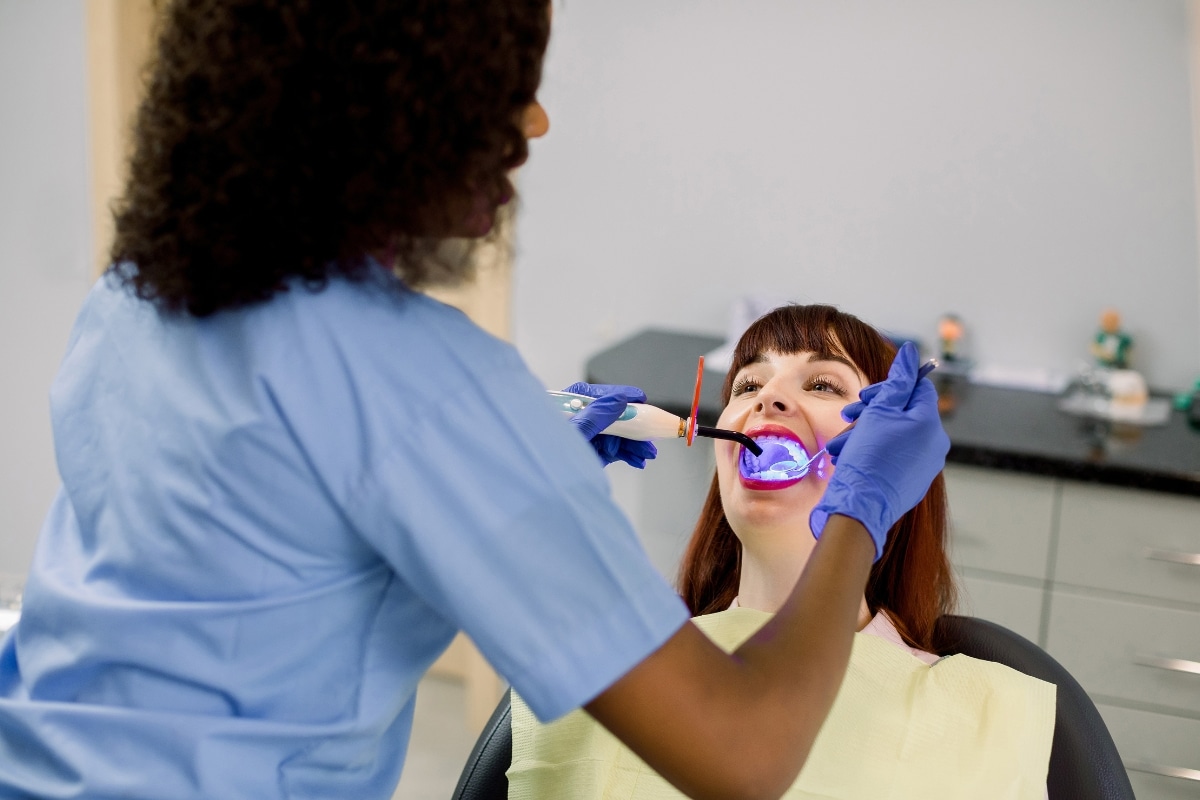
Minimizing Sensitivity: Why Professional Teeth Whitening Treatment is Safer Than DIY Kits
